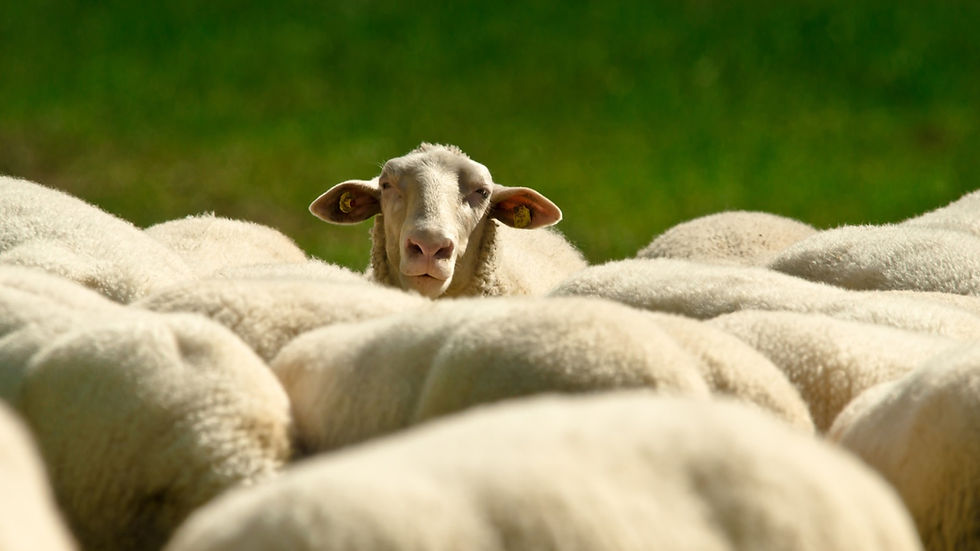Milk, Meat and Missed Opportunities: Why Australia Should Embrace Its Camels
- Jess Dempster
- Oct 26, 2025
- 2 min read

Australia's largest camel farm and dairy - Queensland’s Summerland Camels - is leading the push to reframe how Australians view camels - not as feral pests, but as a valuable and sustainable livestock option.
Summerland founder Paul Martin told FlowFM’s Country Viewpoint that his journey into camel farming began over a decade ago, where after years of using the large animals for regenerative grazing purposes, he was inspired to try and get a business going.
"About ten years ago we were trying to raise capital for a beef operation and the government was spending about $100 million that year to shoot camels," he said.
"We had some friends overseas at the time, in a place where camels were worshipped, and the people there couldn't believe our government was spending so much money on shooting them."
Putting his plans to get back in the beef industry aside, Paul instead decided to put a camel dairy together instead. Ten years on, Summerland Camels sells a wide range of milk, skincare, and other products like vodka - all utilising the unique properties of camels milk including being safe for people with dairy allergies and gut inflammation.
“It’s the only mammal milk that people with dairy allergies can have,” Paul said. “Cleopatra’s bath milk was camel milk, so it’s good for the skin too.”
He also spoke about how well camels are suited to Australia's tough environment, particularly thriving in places and climates where other livestock species like cattle and sheep couldn't survive.
"(Camel farming) a very sustainable way of utilising a resource that thrives in Australia," he said, adding that "if you were taking climate seriously, you could not go past camels."
"They’re a great alternative protein and they add biodiversity to your grazing enterprise.”
Despite all the benefits that come from camel farming, the species remains classified as a feral animal - a legacy of early 20th century politics and the White Australia policy.
But Paul is determined to one-day see the misclassification rectified, believing that the "feral" label is holding the industry back.
“Camels are the oldest domesticated animal on the planet. They’re very easy to handle, quiet, and would be simple to bring back into domestication,” he said.
He was also critical of ongoing culling programs in the Northern Territory, calling them a missed opportunity.
“It just bugs me to think that we’re not utilising a resource that thrives in Australia. The meat quality is excellent, and the milk products stand alone for the health benefits.”
Summerland Camels now welcomes visitors to its Queensland farm, offering rides, tours, and even camel milk vodka. But Paul stressed that the bigger picture is national food security.
“We’ve got a one-off opportunity now and it’s time to take action,” he said. “We’ll never import camels to Australia again, so we need to start using the ones we have before we lose them.”



Comments